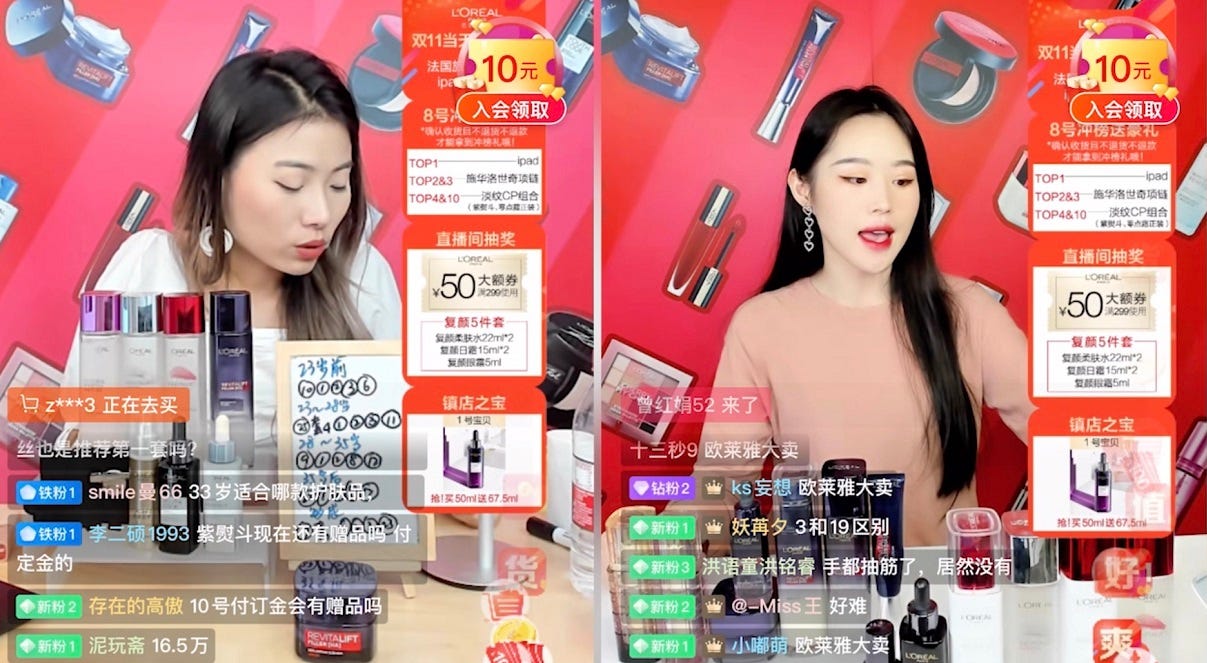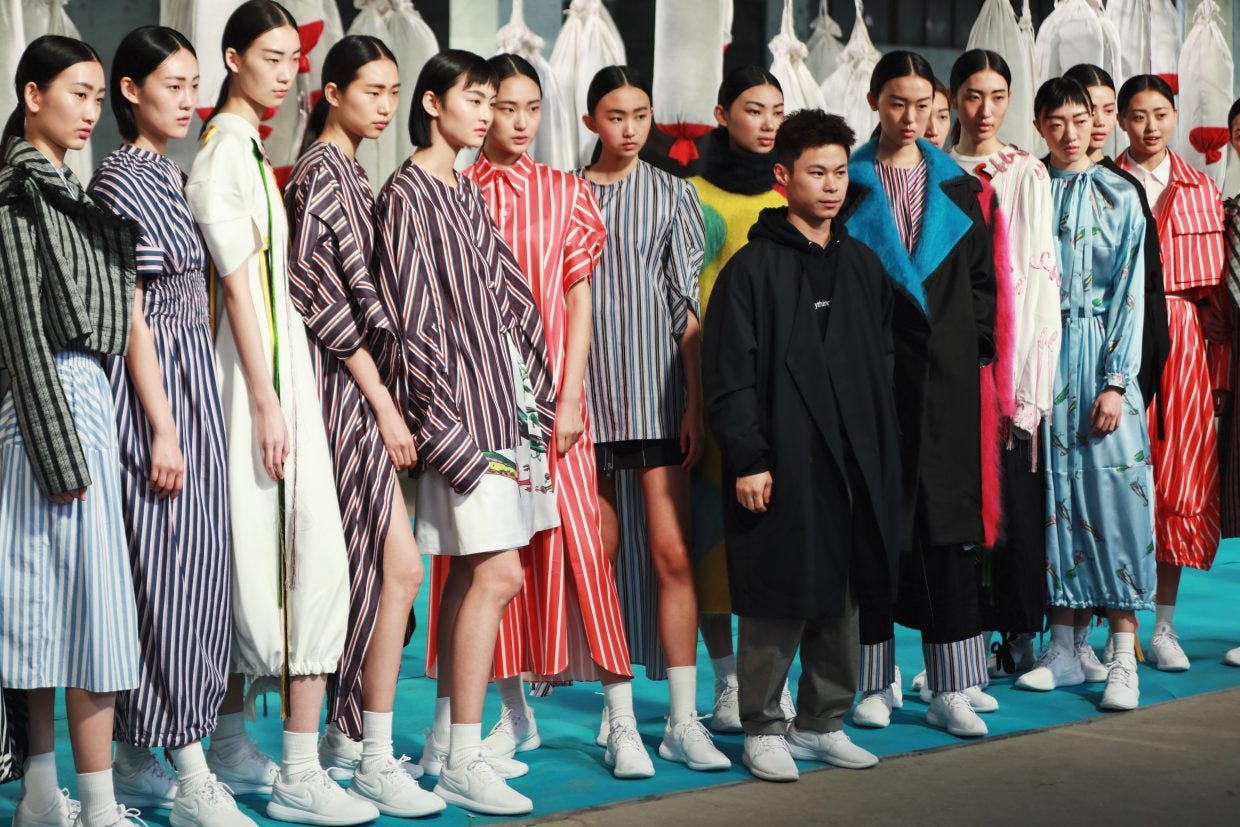Welcome to East West Hurricane! 🌪
We update you on the most essential news from Asia in tech, media, and business—the things you need to know that you probably haven’t heard in Western media.
Follow us on Twitter and Instagram! ⚡️
Missfresh Raises Record-Breaking $495 Million 🛒
Missfresh, a Chinese grocery delivery startup, has just announced a fundraising round of $495 Million, which is the single largest fundraise in China’s grocery delivery industry. The company was founded in 2014 and had received $1 Billion in funding prior to this latest round. Missfresh has 1,500 warehouses across China and 25 Million monthly active customers. They have also managed to survive a very competitive industry, with many of their also well-funded competitors collapsing over the last couple of years.

Online groceries are one of the biggest beneficiaries of the coronavirus-enabled changes in consumer behaviour. Grocery delivery companies all around the world are benefitting from more sales with people being confined to their homes. While the funding landscape has tightened for some startups, this news demonstrates that grocery startups might now be one of the hottest targets for investors.
Cracks in Chinese E-Commerce Livestreaming 😧
If you have been following this newsletter for a little while, you will know that I’m a big fan of e-commerce livestreaming in China. I’ve been consistently impressed by the scale of livestreaming (see examples from Austin Li and Viya) and the breadth of livestreamers (see examples from rural farmers). That’s why it’s refreshing to see new examples of livestreaming that have been considered failures.

The Chinese celebrity Angelababy has 40 Million followers on Douyin and 103 Million followers on Weibo. She hosted her very first livestream last week on Douyin for five hours, reaching 26 Million viewers and managing around $1.8 Million in product sales. This was actually considered a failure and an embarrassment for Angelababy because the numbers were so small. Another celebrity, Xiao Shenyang collaborated with a baiju company for a livestream that only sold twenty bottles of alcohol, sixteen of which were returned the next day. Famous author Wu Xiaobo was also embarrassed by a lackluster attempt at livestreaming milk powder.
The reality is that things are complicated. You can’t just assume success whenever trying a livestream because you have a celebrity involved. It’s still a very new concept and we don’t have years of data and best practices. When I worked at Facebook, we always used to get frustrated by clients who said ‘Facebook doesn’t work.’ Usually, the clients or their agencies weren’t running Facebook ads properly and needed more time to learn. With e-commerce livestreaming, like any new marketing channel, being an early adopter requires an agile mind, a willingness to experiment, and an acceptance that not everything will work well all the time.
Asian Fashion Weeks Plan to Return Later This Year 👗
After many fashion industry events were postponed or cancelled over the last few months, the upcoming fashion weeks in Shanghai, Tokyo, Seoul and Beijing plan to go ahead as fully physical, real-life events. With the earliest out of those four events being Shanghai Fashion Week on October 8, the organisers feel confident enough right now to confirm the event. Attendees will still be required to go through temperature checks, wear masks, and comply with new features like lower attendance levels at the venue.

Earlier this March, Shanghai hosted the world’s first completely online fashion week, which was done in partnership with Alibaba’s Tmall and relied heavily on livestreaming. While this event wasn’t necessarily an outstanding success, I’m sure future fashion shows will feel more comfortable integrating a mixture of physical and virtual experiences. The same can be said for major events in the West—Cannes Film Festival was completely virtual last month and San Diego Comic Con is happening virtually right now.















Share this post